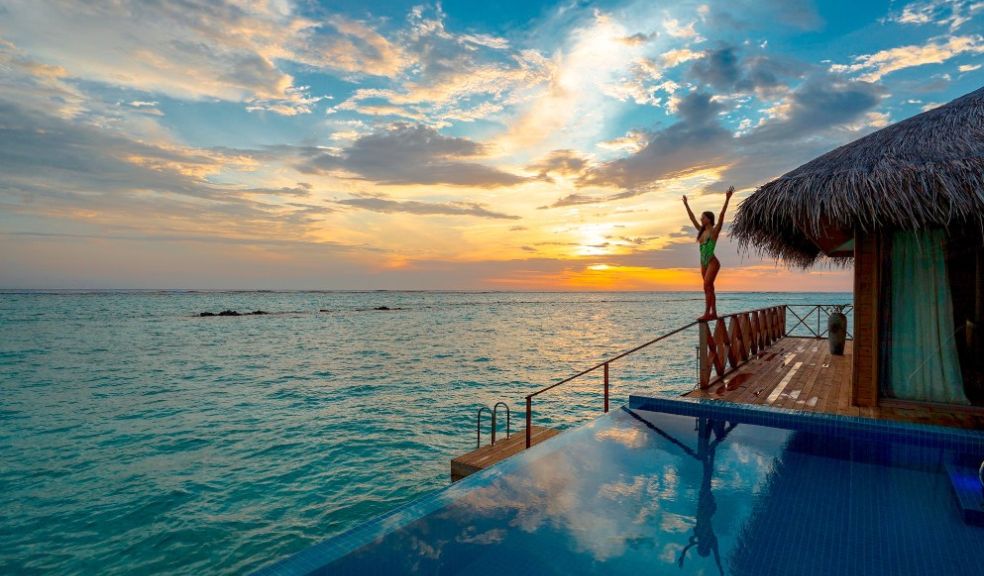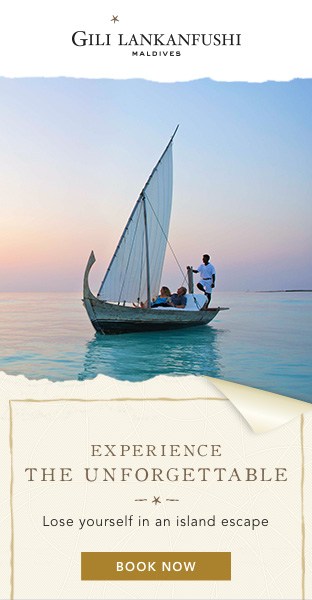
Which pre-pandemic travel trends survived? Experts reveals the future of travel and holidays beyond the pandemic years
Which pre-pandemic travel trends survived? Experts reveals the future of travel and holidays beyond the pandemic years
Research from UNiDAYS and independent travel expert reveals the travel habits that stood the test of Covid-19, and predict the future of travel for Gen Z travellers
-
Almost three quarters of British Uni students planned to take a summer holiday in 2020
-
Nearly 1 in 3 of Gen Z travellers say the number one thing they want from a holiday is adventure and authentic local culture, while 35% prioritise culinary experiences
-
More than half (58%) of Gen Z travellers prefer hotels to Airbnb style accommodations
-
Social media influences holiday plans for 84% of Gen Z travellers, and 88% admit to posting on social media while on holiday
-
More than half of Gen Z travellers plan on taking frequent “micro-cations” rather than longer stints on holiday
In a 2019 survey of more than 11,000 Gen Z consumers it was revealed that 99% of the digital generation said they like to travel, and that 89% of them had passport stamps before they could legally drive. It also went on to say that Gen Z could be the “most well-travelled generation in history…” Well, we all know what happened next.
To understand whether the pre-pandemic insights on the 73% of British Gen Z travellers who planned to spend the summer of 2020 abroad were still applicable in 2022, student affinity network UNiDAYS spoke with travel consultant James Chapman to discuss the current validity of the original findings.
Beyond the beach
In the 2019 report it was uncovered that preconceived expectation for Gen Z to want party holidays was wholly inaccurate, and in fact, almost a third of the respondents said they’re prefer a city break, while 22% were looking for outdoor adventure, and only around 11% hoped for some luxury in a top notch all-inclusive resort.
Back then, Gen Z were looking for authentic, local experiences. What’s more, more than half (58%) said they would prefer to stay in a hotel over an Airbnb or holiday home; they were looking for boutique urban hotels instead of mega resorts, local cooking classes instead of beige buffets, and buying local arts and crafts instead of tacky souvenirs. In fact, the number one activity for this generation of travellers while on holiday was to eat the local food. Following this was sightseeing and outdoor adventures, while partying was way down on the list at number six.
Chapman, also known on Instagram as TheTravelChappy, sees this trend continuing: “I have seen the trend of more and more people looking for adventure since I started working in the travel industry; Multi-centre trips are becoming more popular and most people have their own travel bucket lists. This shift has been reflected by the industry and there’s been a big push to offer authentic experiences instead of all inclusive holidays.
“I think long gone are the days of our yearly holiday being to an all-inclusive hotel, as most of the enquiries I receive are from people wanting to experience something they haven’t before, which is one of the reasons they come to a travel agent. I’m able to offer personal advice from my own travels, and arrange trips directly with local suppliers, who have the in-depth knowledge and passion to provide truly authentic experiences.
“I think and I hope this type of travel is going to keep getting more and more popular, especially now most countries are open again to visitors. The world has never been more connected, and there are so many amazing places to explore, but not if you don’t leave the hotel pool!”
Sharing is caring
It came as no surprise that in the 2019 report it was revealed that social media was the main influence for planning a holiday to a particular place, and that 88% of Gen Z travellers posted content from their holiday onto their various social media platforms while on holiday. Almost three quarters said they would go as far as to tag their location as well.
More than a fifth (22%) said they posted photos daily, with just over half (53%) posting once or twice over the course of a week.
Chapman believes this trend will continue as well, saying: “I really believe the social media trend of influencing travel will continue and become even more powerful. The majority of my customers use Instagram to research before they book and they then share their pictures of their holiday, so the cycle continues. This is what I love about social media, it opens up the world of new places that people may not have considered or even knew existed in the past.
“I think that, in a way, we have always had our holiday choices influenced by ‘instagrammable' locations. Previously, this would have been through travel brochures, or traditional advertising, so the locations we would see were often limited to what travel companies were offering. However, now more than ever there are those who long to discover new places and with Instagram, they can not only find these places, but also share them with the touch of a button to billions of other people around the world instead.”
The more the merrier
One of the biggest findings in 2019 was just how many holidays Gen Z planned to take. Unlike previous generations, Gen Z travellers have always-on access to travel recommendations and booking sites, and because of that, were planning frequent “micro-cations” - trips that only last a few days, so they can do more of them over the year. This reflects this group’s desire to be spontaneous with their holidays, and take advantage of last minute travel deals as they come up, rather than painstakingly planning for months in advance.
Chapman isn’t so sure: “I think there will always be a demand for both, I mean who doesn't love a city break to Europe? However, from my experience the market will always be bigger for longer trips. After the uncertainty of the last 2 years, many of my customers have started to build up confidence to travel again, and tested the water with shorter breaks. And, as a result we have all truly learned to appreciate a couple of nights away.
“However, I have noticed with my customers that when they come back from their first post-covid holiday, that they just want to go away again and the more we travel, the more adventurous we become, and soon 2 or 3 nights away doesn’t feel like it’s enough!
“This isn’t to say that 3 nights in Barcelona, Rome or a couple of nights in Amsterdam isn’t the perfect amount of time, I have even seen people go to Paris for the day. I just believe that people want to go away more now than ever, so shorter breaks are great to maximise leave and tick off a few more countries, but you can’t beat a longer trip to really experience somewhere new.”
For the full report, visit: https://www.genzinsights.com/what-makes-gen-z-travelers-different or download it here.
















